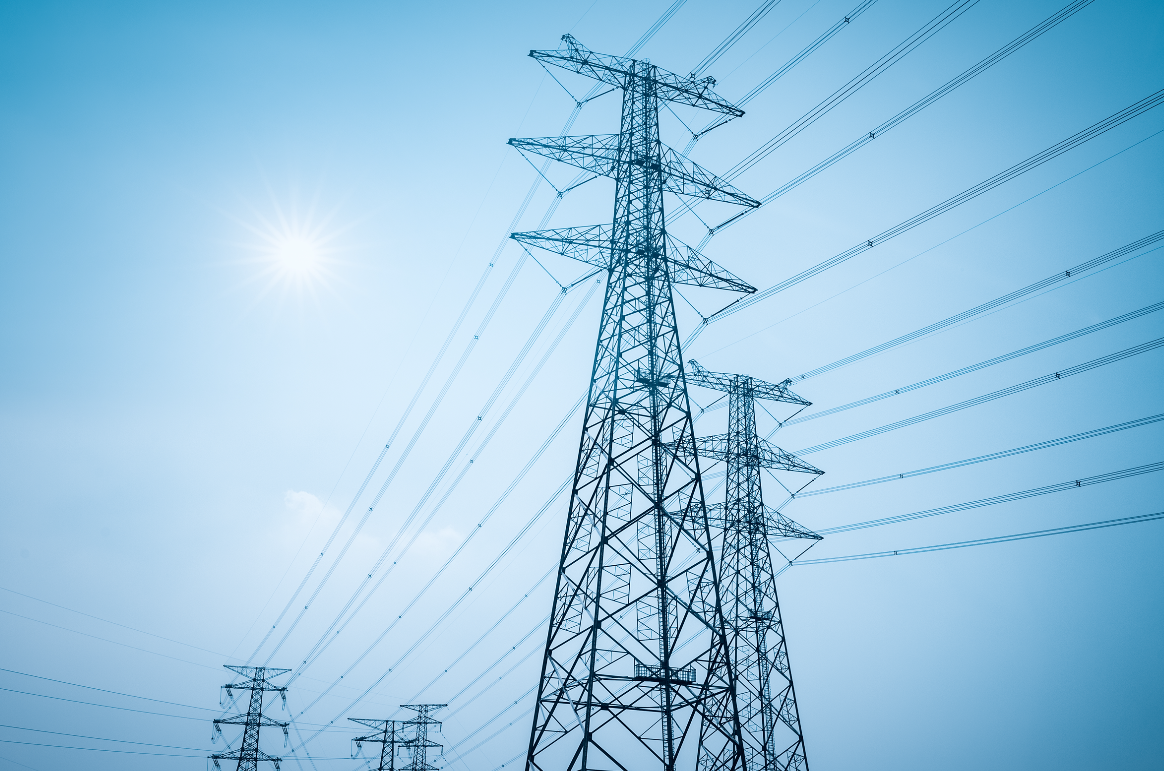If all sub-Saharan African countries excluding South Africa tripled their electricity consumption using only natural gas, it would only add 0.6% to global carbon emissions, a saving that industrialized countries could easily achieve.
The energy transition in Africa must be based on both natural gas, a fossil fuel, the polluting medium, and renewable energies in order to facilitate the generalized access of populations to electricity and to achieve the development objectives of the continent, a pleaded the Mo Ibrahim Foundation in a report published in September 2022.
Entitled “Addressing Africa’s energy deficit: Climate change, renewable energies and gas”, this report recalls that 600 million Africans do not have access to electricity and 930 million do not have clean cooking fuels, while indicating that the increase in energy demand is inevitable on the continent whose population should almost double by 2050 and triple by 2100.
The authors of the report emphasize that renewable energies represent a strategic choice to fill the energy gap in Africa. During the decade 2010-2019, African states have also invested 47 billion dollars in clean energy, i.e. three times more than the amount committed during the previous decade (2000-2009), in this case 13, $4 billion.
But the continent’s potential remains largely untapped, especially since five of the ten countries with the greatest solar potential on a global scale are in Africa: Namibia (1st in the world), Egypt (4th), Lesotho (8th), Libya (9th) and Botswana (10th). On another level, the full mobilization of the wind potential in Chad, Mauritania, Niger and Mali would make it possible to multiply by more than 30 the electrical capacity of these four countries.
The exploitation of this renewable energy potential will obviously require the disbursement of climate finance promised by rich countries to Africa, which is far from being the case today.
A marginal increase in emissions
But even if developed countries keep their promises in accordance with the polluter pays principle, renewable energy alone cannot provide the reliable energy needed to ensure economic development and widespread access to electricity. in Africa.
While the continent is set to industrialize, fossil fuels are still needed for energy-intensive industries like steel mills and cement. In addition, renewable energies are fluctuating and cannot always be mobilized according to demand. In cloudy weather, the solar panels do not work at full capacity. In calm weather, wind farms provide only a small part of their capacity.
Thus, Africa cannot afford to turn its back entirely on fossil fuels at the current juncture. Especially since natural gas is not synonymous with climate catastrophe in Africa. Although it is home to 17% of the world’s population, the continent consumes only 5.9% of the energy produced in the world. According to the International Energy Agency (IEA), the average electricity consumption per capita in Africa is only about 600 kilowatt hours (kWh) per year, compared to a world average of 3200 kWh, 6100 kWh for the European Union and 4600 kWh for China.
On the other hand, African countries already produce 40.5% of their electricity from renewable sources, which is higher than the world average (34.1%) and the European Union rates (39.1%). ), Japan (18.6%) and the United States (17.9%).
The report also reveals that increasing the share of gas in Africa’s energy mix will only marginally increase its share of global carbon emissions. If all sub-Saharan African countries excluding South Africa tripled their electricity consumption using only natural gas, it would only add 0.6% to global carbon emissions.
Natural gas can also facilitate the phase-out of more polluting fossil fuels. Increasing its use in power generation will enable African countries to phase out the most polluting fuels such as coal, diesel, heavy fuel oil and traditional biomass.




















Réagissez à cet article